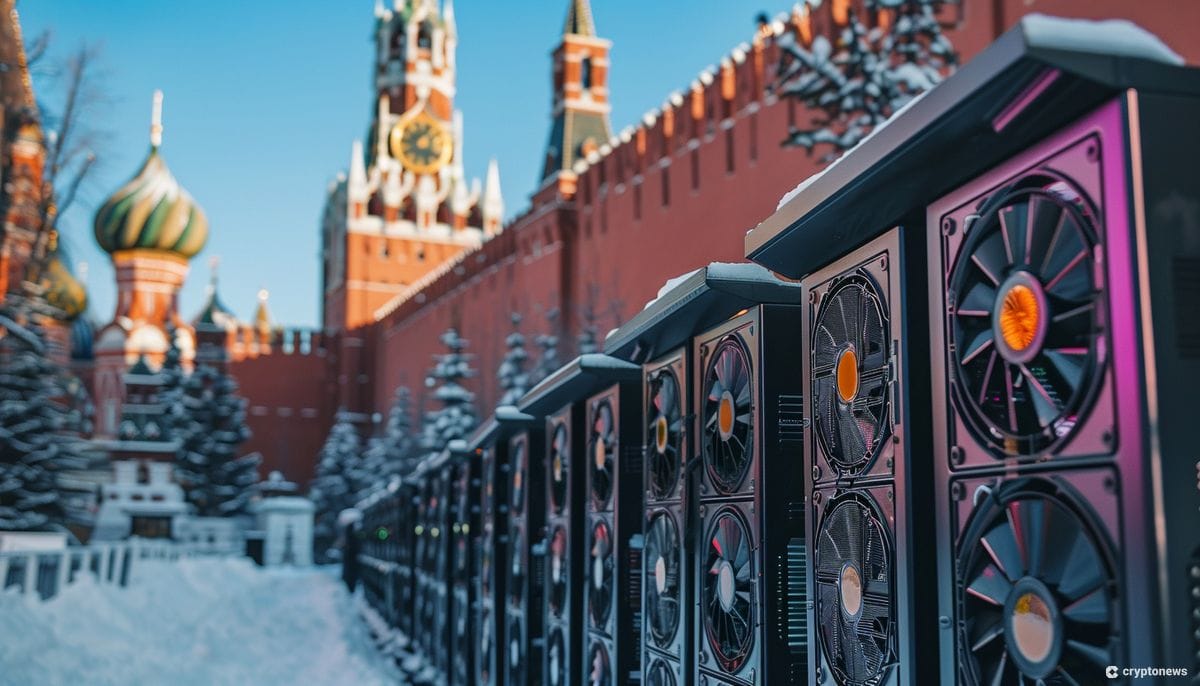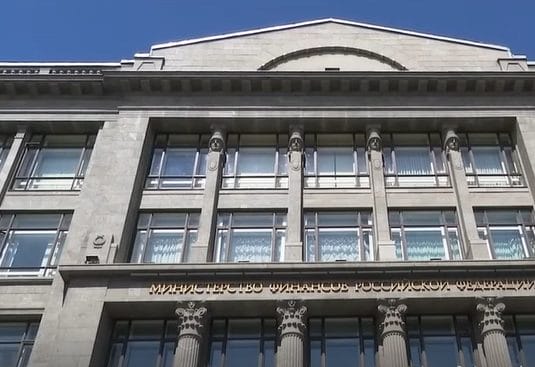Moscow Edges Closer to Legalizing Industrial Crypto Mining

Moscow is edging closer to legalizing its fast-growing industrial crypto mining sector, following intensive lobbying from some of the biggest Bitcoin (BTC) miners in Russia.
Per the newspaper Izvestia, the nation’s finance ministry is ready to sign off on a draft bill that proposes granting mining official recognition as a form of entrepreneurship.
Crypto Mining Regulation: Moscow Edges Closer to Solution
If approved by the State Duma, the bill will mean that miners must start paying taxes on their earnings. They will also likely be required to pay higher energy bills.
However, most Russian industrial miners have welcomed the move after years of pleading with Moscow to take their industry out of the so-called “grey” sector.
Crypto has no legal status in Russia. The only existing piece of crypto-specific law to have been introduced to date merely bans the use of crypto as a form of payment.
As such, despite the fact that Russian Bitcoin and altcoin mining firms have grown rapidly in the past few years, these companies are essentially pseudo-businesses.
The bill reportedly proposes including “the mining of cryptoassets” on the All-Russian Classifier of Economic Activities (OKVED). The latter is the Ministry of Industry’s list of government-recognized business activities.
The finance ministry stated that it is “not opposed” to granting miners OKVED recognition.
The deputy director of the ministry’s financial policy department Osman Kabaloev said the Ministry of Energy was mulling whether to create a new OKVED code to miners, or add their sector to an existing OKVED category.
Ministries and Central Bank in Alignment?
The industry ministry has previously suggested classifying crypto mining as a form of manufacturing-related activity.
While OKVED approval would force mining firms to pay higher bills, it would also grant the sector more security.
Before the outbreak of war in Ukraine, the Central Bank repeatedly called for a blanket ban on crypto.
The bank reportedly sees Bitcoin and other tokens as potential competition for its own project, the digital ruble.
CoreWeave has offered to acquire Bitcoin miner Core Scientific for $5.75 per share https://t.co/9bxv4nlnMv
— Bloomberg (@business) June 4, 2024
In 2022, the Central Bank even issued a draft bill calling for a China-style crackdown on mining, out of concern that tokens could “enter the Russian economy.”
However, in recent years, the bank has softened its stance on crypto. While it remains opposed to the idea of adoption, it is prepared to let cross-border trade firms use Bitcoin and other tokens as payment tools – albeit under its supervision.

Industry Growing in Size
The bank has also begrudgingly acknowledged the growing size and economic power of the industrial mining sector.
Should the bank and more pro-business government officials finally strike a long-awaited compromise, industrial miners would finally have the regulatory clarity they have longed for.
Some analysts also think investors are waiting on Moscow’s decision before deciding whether or not to back Russian mining firms.
Inflation data may be putting plans to lower Russian interest rates on ice https://t.co/MwvXSDOz6c
— Bloomberg Economics (@economics) June 2, 2024
Russian miners say that their industry has grown rapidly due to low energy bills and a favorable climate.
Some industry leaders say the size of their sector – some 90% of which focuses on Bitcoin mining – is now second only to that of the United States.
The industry ministry said the bill will also likely contain a legal definition of crypto mining. Ministry officials said that “the concept of mining is absent in [Russian] legislation.” They added that, currently, “there is no legal framework that could regulate the sector.”








